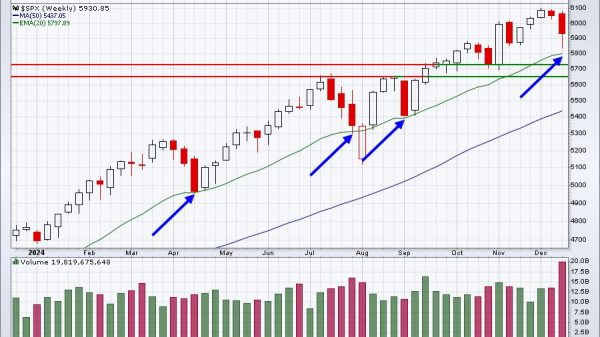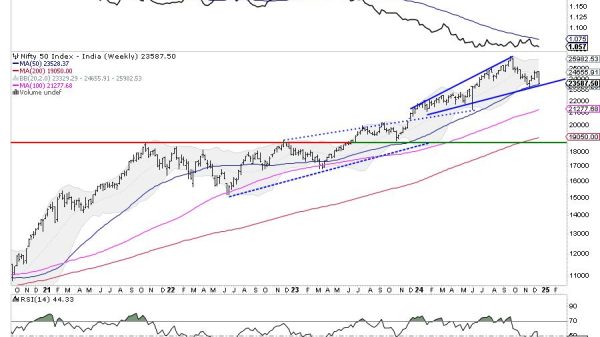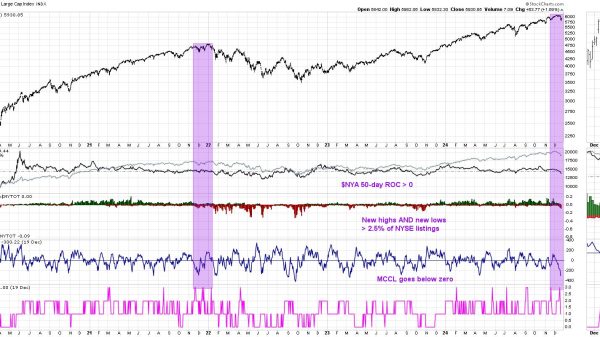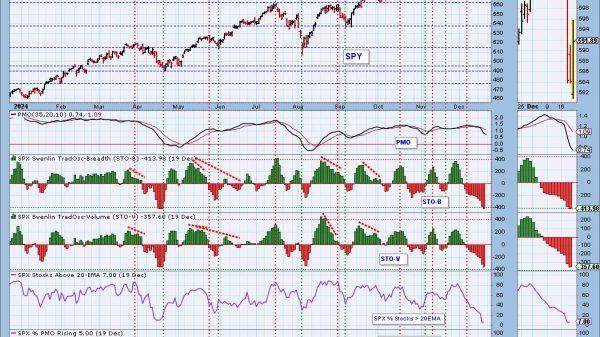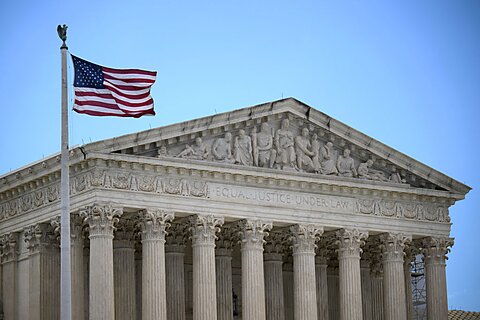Norbert Michel
The Wall Street Journal reports President-elect Donald Trump’s advisers are exploring “pathways to dramatically shrink, consolidate, or even eliminate the top bank watchdogs in Washington.” These kinds of reforms can’t come soon enough.
As Cato’s new report to the Department of Government Efficiency (DOGE) explains, US financial markets have too many regulations and too many regulators. Many of the regulations protect incumbent firms, exacerbate instability, and inflate costs. Many of the regulators possess redundant authority.
There’s a good case to be made for scrapping pretty much the whole framework. But elected officials can make many important improvements without doing anything so controversial as a complete reboot. This post offers a few ideas for improving things on the banking side.
To start, banks do not need more than one federal regulator. That much should be obvious, but getting from the current system to there will be tricky because so many agencies are currently involved in regulating banks. Here’s one approach that might work:
Make the Office of the Comptroller of the Currency the federal regulator for all banks with more than $15 billion in assets. (It’s an arbitrary cutoff that would leave the Comptroller regulating about 100 banks. Don’t get hung up on the number.)
Make Fed district banks the federal regulator for banks in their districts with less than $15 billion.
Remove the Consumer Financial Protection Bureau’s examination authority.
Remove the Federal Deposit Insurance Corporation’s regulatory responsibilities and convert it to a bank resolution agency that administers deposit insurance.
Eliminate the Fed’s Vice Chair of Supervision.
These changes would be a great starting point for reforming bank regulation. But the folks at DOGE could offer up even more improvements that fall short of replacing the whole regulatory framework. Just a few examples include:
Eliminate the ability of federal regulators to use reputational risk in their examinations.
Create a materiality threshold for all safety and soundness risks.
Create a materiality threshold for all federal regulatory directives, such as Matters Requiring Attention.
Transfer all regulatory authority for Bank Secrecy Act rules and regulations from the Fed and the OCC to the Financial Crimes Enforcement Network or the Federal Bureau of Investigations.
Remove the concept of “abusive practices” from federal consumer protection statutes, reverting to the standard (time-tested) legal standards for “unfair” and “deceptive” practices.
If the administration and Congress can implement any similar reform package, it would also be the perfect time to shrink federal deposit insurance limits and get rid of the systemic risk exception for covering uninsured deposits.
The current “cap” of $250,000 is far above both the median account balance (approximately $5,000) and the average balance ($42,000). Even most high-income families have balances well below the $250,000 cap—as of 2023, the average balance for the highest 10 percent of income earners, surely biased upward by very high earners, was $229,000.
The current FDIC caps simply have nothing to do with protecting the typical American.
Of course, the DOGE folks could push for a much longer list of reforms. For instance, there is no reason for the Consumer Federal Protection Bureau to exist given that another federal agency (the Federal Trade Commission) already exists to police consumer protection standards. Nor is it necessary to have a federal agency (the Federal Housing Finance Agency) to regulate essentially just two companies. Similarly, Congress could eliminate the National Credit Union Administration because it basically regulates banks—the Fed or the OCC could regulate those credit unions, depending on the size.
The system is bad, and the reform list goes on.






